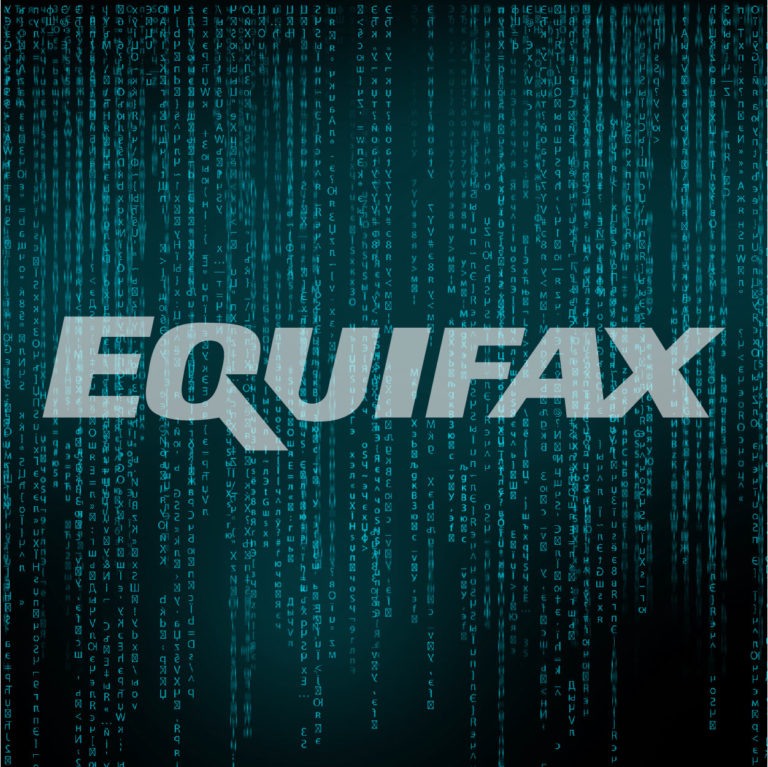Elizabeth v.s. Equifax: What a Senate Report Means for Your Credit Report

If you haven’t followed the situation closely, you may wonder why Equifax’s name has been brought back into the spotlight with attention from Senator Elizabeth Warren.
The senator’s office recently released a 15-page report that highlighted the ways in which the company went wrong, from ignoring several notifications of issues in their systems to delaying before making consumers aware of the issues. The most alarming, however, is the fact that the breach didn’t just allow data thieves to see the data. According to the report, “the data was exfiltrated – stolen – from their systems and downloaded by the hackers.”
It’s a necessary – if troubling – reminder. Although the Equifax hack took place some time ago, the threat is still very real. Thieves still have possession of the private information of many American citizens and are still able to exploit it. Federal agencies must continue their investigation into the firm’s practices to ensure that it is held accountable.
But we also need to take a serious look at the nature of how these agencies do business. Equifax, TransUnion and Experian essentially profit off of selling your personal data. Banks, lenders and other sources hand over your information to these agencies in hopes of getting a full account of your financial history.
To some extent, it makes sense: it’d be easy for the financially irresponsible to continually apply for new loans if such information didn’t exist. But the problem is that these massive, centralized bureaus makes things all the easier for hackers. Hacking one system, as this past year’s events have showed us, is the equivalent of stealing private information from millions of Americans.
What’s more, before major consumer backlash forced them to stop, Equifax charged fees for consumers to freeze their credit report. It’s a questionable practice – as the New York Times pointed out: “You did not ask Equifax to vacuum up data about you, and then resell it to marketers and loan sellers. And it is not your fault that the company could not keep that data safe. So why should you pay for a freeze, which keeps new creditors from seeing your credit file and thus can keep thieves from applying for credit in your name?” Equifax plans to resume charging consumers to freeze their fees: After June 30th, you’ll have to pay $3 to $10 to do so. Experian and TransUnion have continued to charge such fees.
Plus, the credit agencies give an advantage to major companies over the average consumer. J.P. Morgan & Chase, CapitalOne and other corporations purchase large numbers of these reports at once – which means they pay a lower price for the reports than do the individual consumers whose information is being sold without their consent.
It is a broken system, and that one the federal government must continue to consider. Consumers deserve a credit system that minimizes risk, respects their privacy and treats them equitably. Hopefully, Warren’s report will prompt our leaders – from both the public and years to come.
About IDX
We're your proven partner in digital privacy protection with our evolving suite of privacy and identity products.




